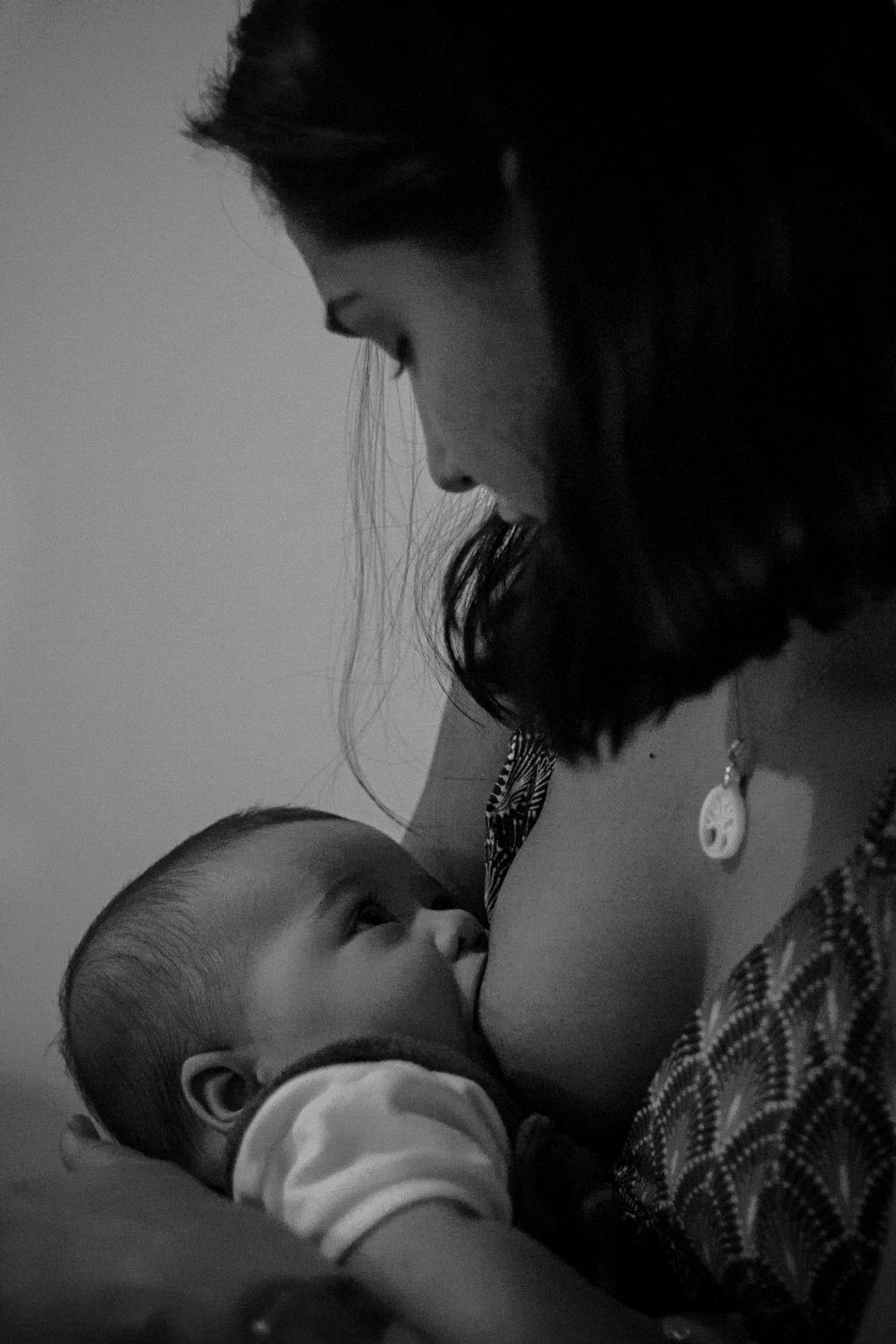When it comes to nutrition for new moms, particularly those who are breastfeeding, the question of calorie intake is a critical one. During the postpartum period, a nursing mother’s body requires additional energy to produce breast milk, nourish herself, and recover from childbirth. It is essential to strike a balance in calorie consumption to ensure both the mother and the baby are healthy and thriving.
Research suggests that breastfeeding moms should consume an additional 330 to 400 kilocalories per day compared to their pre-pregnancy intake. This increase in caloric needs is vital to support the energy demands of lactation and to maintain the mother’s overall well-being. It is worth noting that these additional calories represent a modest adjustment to the daily diet and can be achieved through nutrient-dense foods.
For well-nourished breastfeeding mothers, the total recommended daily caloric intake falls in the range of approximately 2,000 to 2,800 kilocalories per day. This range accounts for the additional energy needed to sustain lactation while also supporting the mother’s basal metabolic rate and physical activity levels. Adequate calorie intake is crucial for ensuring that the mother’s body has the resources it needs to produce an ample supply of high-quality breast milk.
It is essential to consider the individual needs and circumstances of each breastfeeding mother when determining her specific calorie requirements. Factors such as age, weight, height, activity level, metabolism, and the intensity of breastfeeding can all influence the ideal daily caloric intake for a nursing mom. Consulting with a healthcare provider or a registered dietitian can help tailor nutritional recommendations to meet the unique needs of each mother.
While it is crucial for breastfeeding mothers to meet their increased calorie needs, the quality of the calories consumed is equally important. Opting for nutrient-rich foods such as fruits, vegetables, whole grains, lean proteins, and healthy fats can ensure that the mother receives essential vitamins, minerals, and macronutrients to support her health and lactation. Prioritizing a balanced and varied diet is key to meeting both the mother’s and the baby’s nutritional requirements.
Managing caloric intake during breastfeeding is not about simply consuming more food but rather making informed choices about the types of foods that will best support both the mother’s health and the quality of breast milk. Ensuring that meals and snacks are well-rounded and diverse can help prevent nutrient deficiencies and promote optimal nourishment for both the mother and the infant.
It is worth noting that while an increase in daily caloric intake is generally recommended for breastfeeding moms, individual variations exist, and not all women may require the same additional calories. Some mothers may find that they naturally have a higher appetite during lactation, while others may need to consciously plan and monitor their food intake to meet their nutritional needs.
In addition to calorie intake, staying hydrated is also crucial for breastfeeding mothers. Adequate water consumption is essential for maintaining milk supply, supporting maternal hydration, and facilitating overall bodily functions. It is recommended that nursing mothers drink plenty of water throughout the day to stay properly hydrated and support optimal lactation.
Ultimately, the question of how many calories a breastfeeding mom should eat is a nuanced one that depends on various factors and individual circumstances. By aiming for a balanced, nutrient-dense diet that meets the unique needs of lactation, mothers can support their own health and well-being while providing their babies with the essential nutrients they need to thrive.

